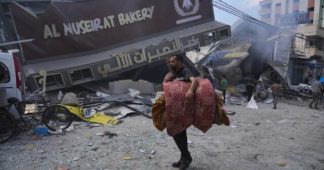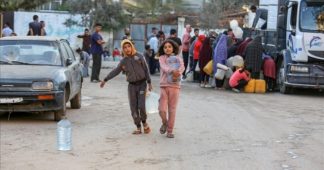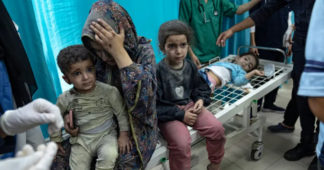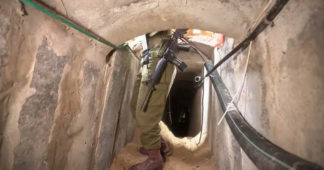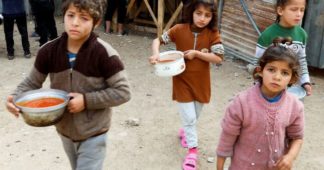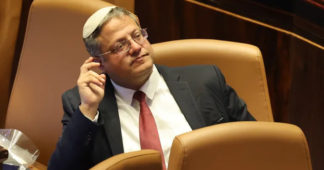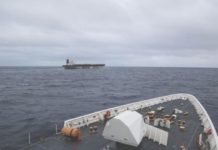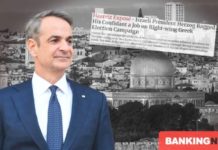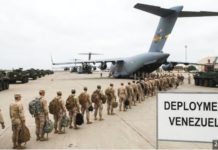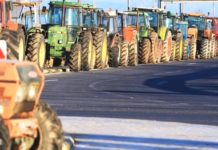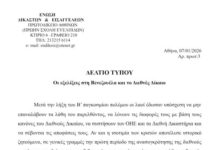On April 17 in Al-Rakeez, a quiet village in the Masafer Yatta region of the West Bank, an Israeli settler shot 60-year-old Sheikh Saeed Rabaa in the leg — forcing him to undergo amputation. But as Basel Adra reported, when Israeli soldiers arrived on the scene, they arrested Sheikh Saeed’s son Ilyas, who they handcuffed, blindfolded, and transferred to Ofer Prison.
Since resuming its onslaught on Gaza in March, the Israeli army has intensified its targeting of the enclave’s water infrastructure, from bombing desalination plants and water wells to severing pipelines. Ibtisam Mahdi detailed Gaza’s increasingly dire water crisis, where only one in 10 Gazans currently have access to clean drinking water, most left with no choice but to drink seawater and ration contaminated supplies.
Hind Al-Ansari explored how for Saudi Arabia, the prospect of normalization deal with Israel has turned into a domestic crisis: if before October 7, the kingdom was meticulously reshaping public opinion to support a peace deal, the horrors of Israel’s war on Gaza have completely upended this strategy, forcing Saudi leaders to recalibrate.
And Fadi Shabita wrote about the role of Israelis in the Palestinian liberation movement, arguing that the history of anti-colonial organizing, from South Africa to Algeria, shows there is room for joint struggle — but only if the partnership aims to promote true equality and justice.
We remind our readers that publication of articles on our site does not mean that we agree with what is written. Our policy is to publish anything which we consider of interest, so as to assist our readers in forming their opinions. Sometimes we even publish articles with which we totally disagree, since we believe it is important for our readers to be informed on as wide a spectrum of views as possible.
